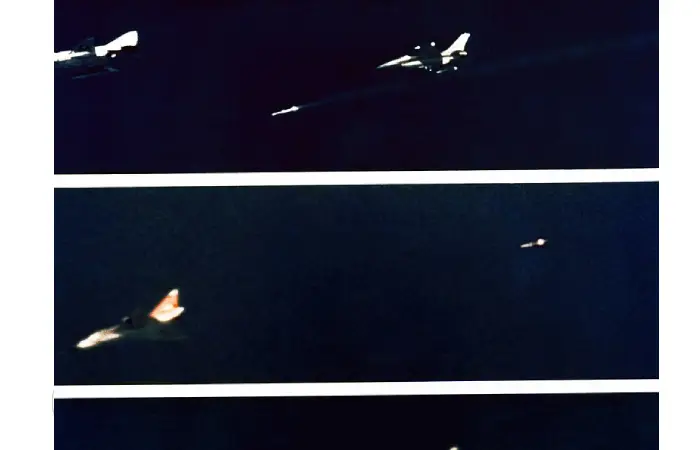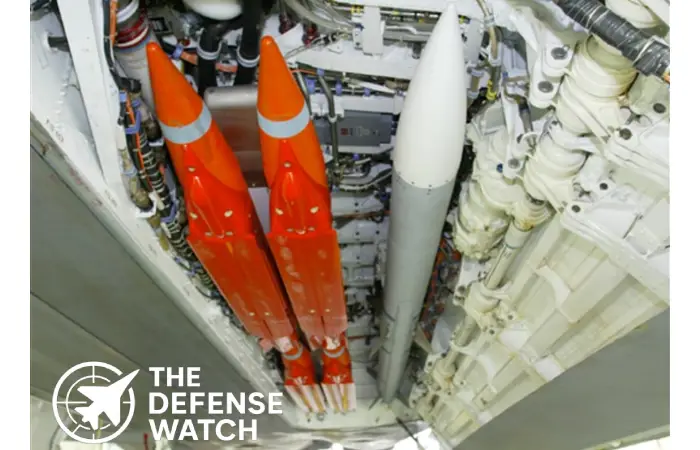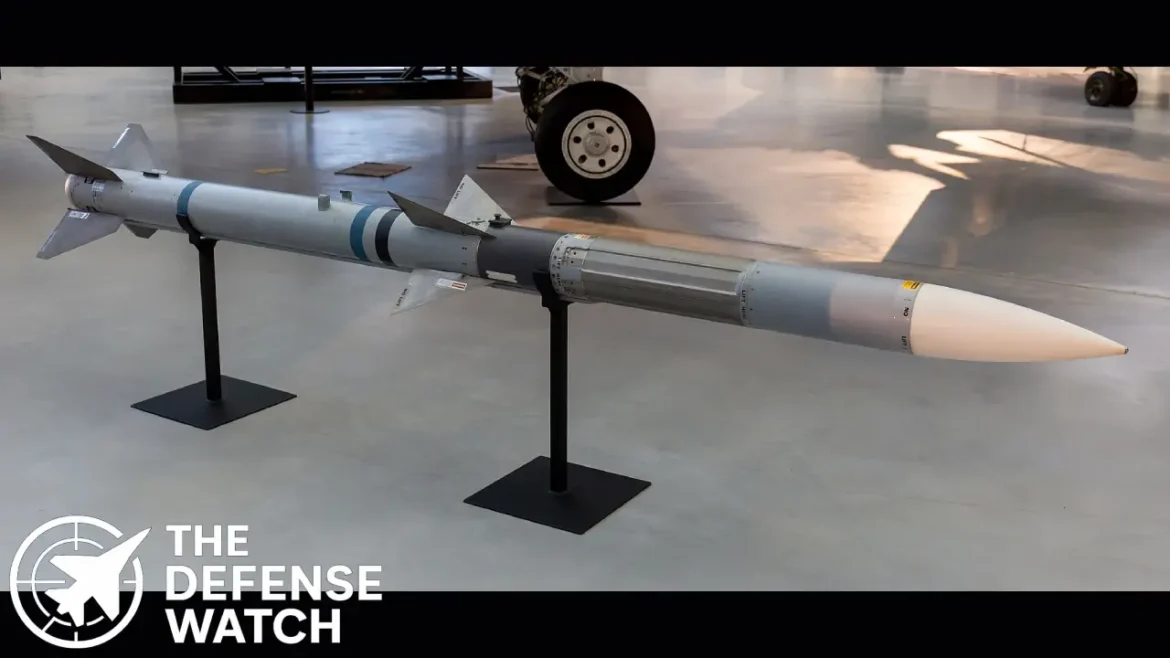Washington Greenlights New AMRAAM Sale to Pakistan
The United States Department of War (DoW) has notified Congress of a potential foreign military sale (FMS) to Pakistan involving the AIM-120 Advanced Medium-Range Air-to-Air Missile (AMRAAM). The announcement lists Pakistan among approved buyers, marking a significant development in bilateral defense cooperation and signaling renewed trust between Washington and Islamabad.
According to official documents, the sale aims to replenish and upgrade the Pakistan Air Force’s (PAF) air-to-air missile inventory. The AIM-120 AMRAAM—manufactured by Raytheon Technologies—is a beyond-visual-range missile widely used by NATO and allied air forces. The package includes associated equipment, technical support, and logistics assistance to ensure full operational capability.
The approval comes amid renewed engagement between Pakistan and the United States in counterterrorism, regional stability, and security cooperation. The deal is expected to enhance PAF’s capability to maintain air superiority and integrate seamlessly with its fleet of F-16 Fighting Falcons, which remain the backbone of its air combat fleet.
Background: A Complex Defense Relationship
The U.S.-Pakistan defense relationship has historically fluctuated between close cooperation and strategic caution. While the F-16 program has long been a cornerstone of bilateral defense ties, Washington suspended several defense programs over the past decade amid political tensions and shifting regional dynamics.
This latest notification represents a cautious yet deliberate shift. Under previous administrations, including that of President Donald Trump, arms transfers to Pakistan were heavily scrutinized due to concerns over regional proliferation and Pakistan’s ties with neighboring powers. However, the inclusion of Pakistan in this latest list of approved AMRAAM buyers suggests a recalibration of U.S. strategic interests in South Asia—balancing its deep defense ties with India while maintaining leverage with Islamabad.
About the AIM-120 AMRAAM
The AIM-120 AMRAAM (Advanced Medium-Range Air-to-Air Missile) is one of the world’s most advanced radar-guided air-to-air missiles. Capable of striking targets beyond visual range, it provides fighter aircraft with a “fire-and-forget” capability—allowing the pilot to engage multiple threats simultaneously.

The AMRAAM is compatible with multiple platforms, including the F-16, F-15, F/A-18, and F-35, and has been exported to over 35 countries. It features an active radar seeker, digital autopilot, and high-explosive fragmentation warhead. Its advanced guidance and counter-countermeasure systems make it one of the most reliable air combat missiles in modern aerial warfare.
Strategic Significance for the Pakistan Air Force
For Pakistan, the acquisition of new AIM-120 stocks is both a strategic necessity and a technological boost. The PAF’s F-16s are equipped with AMRAAMs as their primary long-range missile, offering a critical edge against potential aerial threats. Additional missile stocks would ensure sustained operational readiness and deterrence capability amid ongoing tensions in the region.
Defense analysts note that the AMRAAM’s advanced seeker technology and range—typically around 30 to 50 miles depending on the variant—enable the PAF to counter high-value targets with greater precision. This development also ensures compatibility with potential mid-life upgrades for Pakistan’s F-16 fleet.

Analysis: U.S. Balancing Act in South Asia
This arms approval underscores Washington’s strategic balancing act in South Asia. While the U.S. continues to expand defense cooperation with India—through joint exercises, technology transfers, and major arms deals—it also recognizes Pakistan’s role in maintaining regional stability, particularly regarding Afghanistan and counterterrorism operations.
For the United States defense industry, the sale reflects continued export confidence in the AMRAAM program, reinforcing Raytheon’s position as a leading global missile supplier. It also signals that Washington remains willing to engage with Pakistan in selective, mutually beneficial defense transactions, despite broader geopolitical complexities.
Conclusion: A Step Toward Renewed Defense Dialogue
The AIM-120 AMRAAM sale marks more than just a weapons transaction—it represents a symbolic reset in U.S.-Pakistan defense ties. While the deal remains subject to congressional approval and final contract negotiations, it highlights a cautious reopening of strategic cooperation between the two nations.
As global security dynamics evolve, particularly in the Indo-Pacific and South Asia, Washington’s engagement with Islamabad may serve as a pragmatic hedge—preserving influence, encouraging interoperability, and maintaining regional stability.

